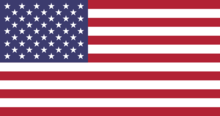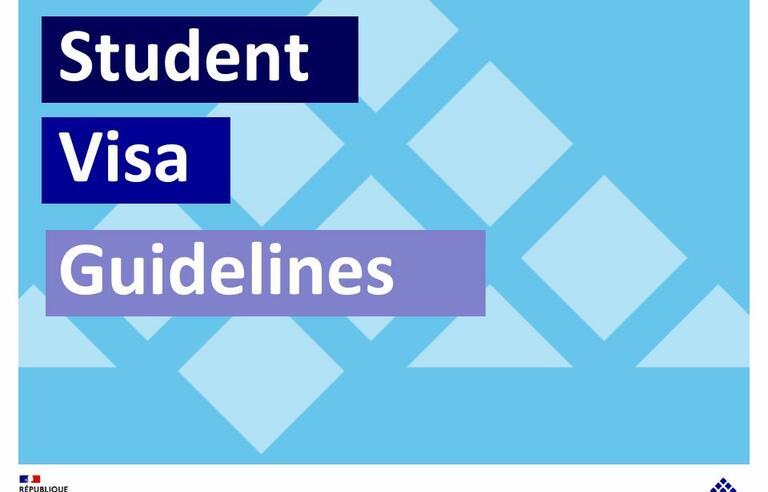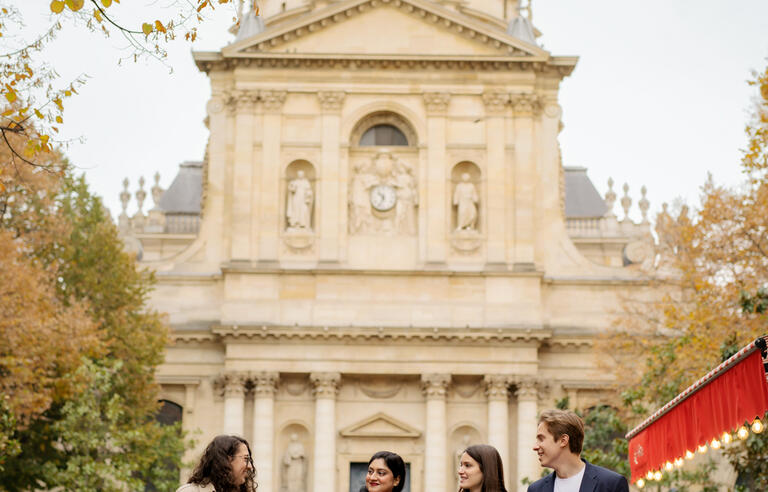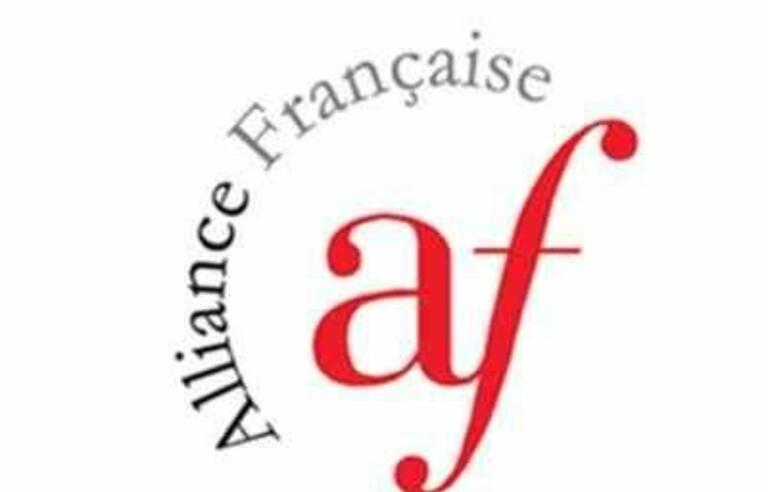Students with Families

Resources for students who will be coming to France with children or dependents.
Preparation
- If you are a US student pursing a degree in France, and plan to bring with you children or dependents, you will need to apply for a visa for your dependent. You can learn more about which visa is necessary and how to apply at France-Visas.
- Ensure that you have a record of mandatory immunizations for your child. To be admitted to any type of institution, school, leisure center, daycare, etc.), you will need to show that your child has the equivalent of a carnet de santé or (health report) or a document signed by a health professional attesting to the completion of compulsory vaccinations depending on the age of your child. Three vaccines are required for children born before January 1, 2018. (Diphtheria, Tetanus, Poliomyelitis). 11 vaccines are required for infants born after January 1, 2018 (Pertussis, Haemophilus influenzae b, Hepatitis B, Meningococcus C, Pneumococcus, Measles, Mumps, Rubella). More information can be found here.
Child Care for Children Under 3
Collective Care
France has a long tradition of free, state-funded, nursery schools and has one of the best programs in the world. However, in many areas facilities are in short supply and you may need to enroll your child as soon as possible. (Normal enrollment takes place during the April before the start of the school year.)
Children are cared for by qualified professionals in approved centers with pediatricians, nurses and auxiliaries to supervise your child along with other children.
La Crèche
Les crèches are collective childcare centers (limited to a maximum of 16 children) for children under 3 years of age. Les crèches welcome children all day or part time. Spots can be difficult to obtain and in big cities families request to enroll many months, or even years, in advance.
The cost of a crèche varies according to the number of children accommodated, the parents’ salaries, and the neighborhood.
La Halte Garderie or Jardin d’enfants
These are drop-in daycare centers (limited to up to 20 children). This is a more flexible option for parents who need a few hours of freedom during the week. They offer interaction with other children and adults as well as activities adapted to each age. It is a good transition to prepare them for kindergarten or preschool as well. This is an inexpensive option; costs vary but can be as low as €2 per hour.
Individual Care
L’Assistante maternelle
This is a professional childcare assistance. Children are welcomed in a familiar and safe environment, often the Assistante’s home, (limited to 3 children). The adult is a qualified professional trained to care for children (up to 3 children at the same time). These professionals must be accredited (agréé) by the Protection Maternelle et Infantile (PMI). Placing your child with an Assistante maternelle will cost a minimum of €22 per day.
La nounou or Garde d’enfant à domicile
You can also hire a personal nanny or childcare provider for your family. This individual will come to your home and be declared to the authorities as a salaried employee. The nanny or childcare provider must be paid at least the minimum wage. Parents may be eligible to obtain a tax deduction for crèche or childcare provider expenses.
More information on childcare options in France can be found at Monenfant.fr
Schooling in France
School in France is mandatory for children ages 6-16.
Understanding the French School System
|
|
Approximate ages |
Levels |
|
Ecole maternelle (Kindergarden) |
3 to 6 |
Petite section maternelle Moyenne section maternelle Grande section maternelle |
|
Ecole élémentaire ou primaire (Elementary school) |
6 to 11 |
CP (Cours Préparatoire CE1, CE2 (Cours Elémentaire) CM1, CM2 ( Cours Moyen) |
|
Collège (Middle school) |
11 to 14 |
Sixième, Cinquième, Quatrième, Troisième |
|
Lycée (High school) |
15 to 18 |
Seconde, Première Terminale |
Children will study 24h per week and are allowed to have lunch at home or at school (for a fee).
Enrolling Your Child in School
To enroll your child in primary schools (6-10 years), you must contact your City Hall. You will then visit the school itself to register your child. Make sure you have all the necessary documents: birth certificate, medical history - or carnet de santé – with immunization records.
To enroll your child in lower secondary schools (collèges), it is best to start by visiting the school itself. Lower secondary schools are under the supervision of departmental services of National Education (les services départementaux de l’Education nationale)and upper secondary schools (lycées) are under the supervision of the academic departments (le service académique d’information et d’orientation du rectorat (SAIO)).
Registrations for the upcoming school year can start as soon as November of the previous year. Parents may want to start by contacting the schools that will be close to their place of residence in France.
Children must attend the public school closest to where they live. Public schools are free for all. Private schools have different enrollment restrictions and tuition fees.
More Resources for Parents
Guidance centers, Les centres d’information et d’orientation (CIO), are located across France, and monorientationenligne.fr services are available to answer to all questions about guidance and studies in France.
Schooling explained for parents is a new video series from Onisep (Office National d’Information sur les Enseignements et les Professions – National Office for Information on Education and Occupations). Onisep has three main responsibilities: collecting, archiving, and distributing information about career guidance and occupations in France.
The series is intended for all parents and describes how schooling is organized in France.
There are 5 videos, available in 9 languages (English, Arabic, Armenian, Bambara, Chinese, Portuguese, Russian, Tamil, Turkish) about French educational system, you can view them on the Onisep website or below.
- The role of school in France link
- Going to school, organization of primary schools link
- Middle school, sixth form and beyond link
- Organization of life at school link
- Career choices at Middle school and Sixth Form link
- Learn more about the French school system
- The French Ministry of Education also is a valuable source of useful information (in English)
CHILDREN WHO DO NOT SPEAK FRENCH
Children who do not speak French will go to class with other French students. In some cases, your child will also take part in special French langauge classes o help them keep pace with their peers and feel welcome in their new language. In some French school districts (called Académies) your child will be part of the Unité Pédagogique pour Élèves Allophones Arrivants (UPE2A), a program designed to encourage active student participation even as they are growing more comfortable with the French language.
An example of this service can be found in the Académie de Versailles.
There are additionally many International Schools throughout France with bilingual English-French programs, most of these schools are private. Many guides and resources for expats have lists of international schools throughout France. This could be an option for some families.
The Embassy of the United States in France has resources for families on American and International Schools Across France.
CHILDREN WITH SPECIAL NEEDS
Learn more about accommodations and support for children with special needs here.























